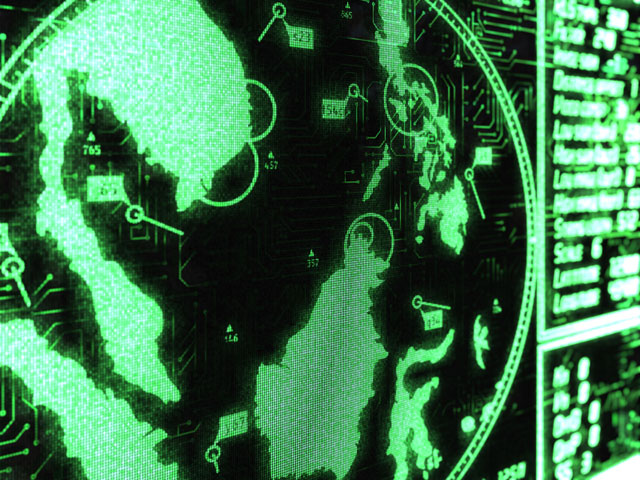The recent piracy attacks of the Maersk Alabama and a French yacht have raised plentiful questions in traditional media outlets about whether to arm crewmembers. Some people may wonder the same about yacht crews. It’s important to note that the number of piracy-related and theft-related incidents involving private yachts is small. However, it’s equally important to keep alert. Recall the incident just last summer off Corsica, involving the sailing yacht Tiara. And even though the would-be attackers may not have been pirates, the motoryacht Beseme was approached in Mexico by armed and masked individuals just a few months earlier. In addition, in a recent Reuters newswire article, Scott Lidbetter, the head of security firm Veritas, said, “The pirates now are getting more prepared to go further east (of 60 degrees longitude), which brings vessels moving from the Seychelles, Mauritius, and the Maldives into target.”
Now, while by no means do I wish to engage in alarmist activity, I do think it’s wise to open dialogue about options that might be worth investigating, including security services. Some of these companies seem to be reaching out to the megayacht community more, perhaps because of the farther-flung regions the boat have been traveling to in recent years, and probably because of the news headlines of late. Security services can provide a range of assistance, such as training in effective nonlethal measures and supplying armed guards. The following is neither a comprehensive list nor an endorsement of services, but it is a look at a few companies that have worked within the superyacht industry and/or are beginning to reach out to owners and crew.
Veritas, for example, has worked with yachts in recent years and has a maritime team comprised of former UK Special Forces (Special Boat Service, anti-terrorist units) as well as Navy, Army, and police personnel. The firm trains captains and crew on how to respond if attacked, provides escorts for megayachts, and trains individuals in the proper use of antiterror devices ranging from high-pressure hoses to LRADs (Long-Range Acoustic Devices). LRADs have been proven valuable in commercial applications: They can project sound farther than normal speakers and produce tones at volumes that are uncomfortable and even disorienting to anyone in line with them.
SEAL Superyachts, the well-known firm providing a variety of support services to boats visiting Indonesia, the Maldives, Seychelles, and Thailand, among other nearby regions, also has a security division. According to information on its Web site, most thefts in South East Asian waters have been snatch-and-grab incidents involving deck gear on commercial vessels. It also states that in more than 10 years of working with megayachts in this region, none of its clients have been subject to piracy. For anyone wishing extra protection, though, guards licensed to carry weapons can stay onboard or follow in a shadow vessel in Indonesian waters.
Founded last year, Ocean Marshalls is reaching out to yachts for the first time, having experience in offshore and shipping industries’ needs. According to Iain Croucher, the international business development manager, the organization is “a hybrid group formed with civilian maritime and military special forces,” including British Master Mariners and former UK Special Boat Services personnel. Similar to other firms, Ocean Marshalls can provide security training and drills for captains and crew, a training in the use of LRAD equipment, and a security team to accompany a yacht. It additionally provides training in the use of MADs (Magnetic Acoustic Devices), which, like LRADs, use a focused beam of sound to ward off attackers. Robert N. McLeod, marine director for Ocean Marshalls, says the organization can also uplink real-time CCTV feeds to a 24-hour control center and alert external agencies to a vessel’s distress.
Just as with any other company under consideration for hire, it’s crucial to check references. In addition, research the laws of the country or countries on a planned itinerary. You can also check the Web site of the International Maritime Bureau (IMB) Piracy Reporting Centre, which tracks piracy attacks around the world.
As mentioned above, the goal of this is to open a dialogue. If you have personal experience that can lead to further advice, share it here.










Leave a Reply